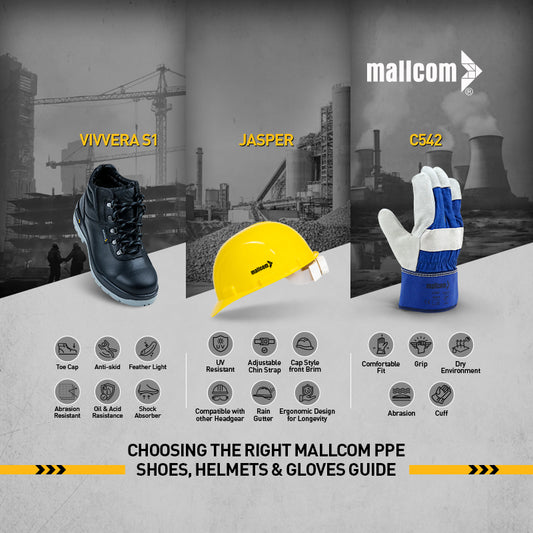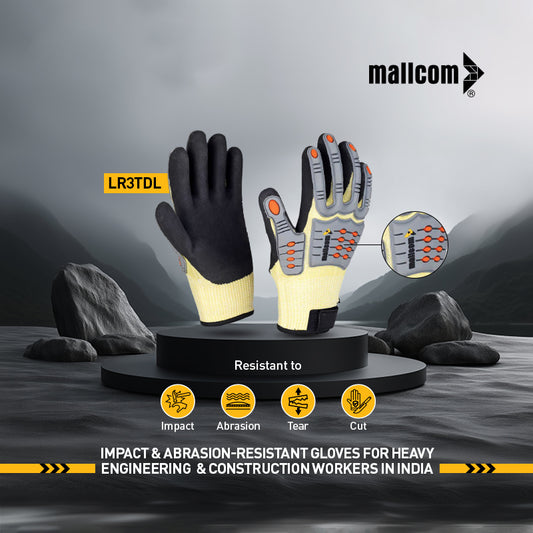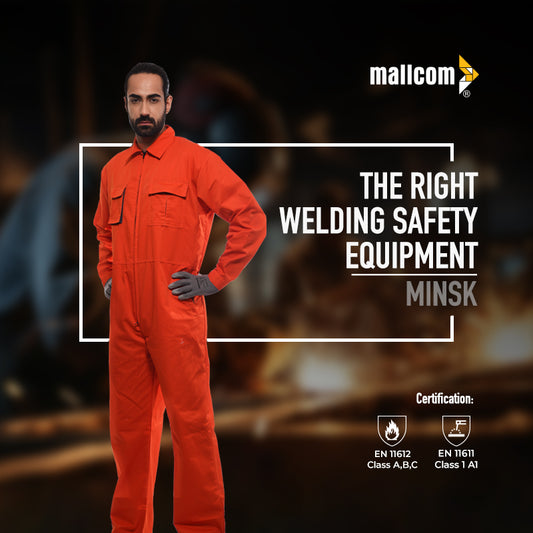Spills are an unforeseen consequence of uncontrolled and unregulated leakage of hazardous substances.
Effective management and preparedness are key to safeguarding communities and ecosystems from the dangers associated with spills.
How to Handle Spills?
Handling spills requires a systematic approach to ensure safety and minimise risks. In the event of such spills, it is crucial to have effective response strategies in place, including regular inspections and spill containment solutions.
Let's look at these solutions in depth below.
Prioritising Safety: Essential Prevention Measures for Management
To effectively minimise the risks associated with spills, implementing robust prevention measures is critical. This begins with ensuring that all solutions are stored properly and handled safely, setting the stage for a secure working environment.
Proper Storage: The First Line of Defence
Proper storage is vital in preventing spills. It’s imperative to ensure that all are kept in suitable containers, clearly labelled, and stored in a secure, ventilated area. This foundational step not only protects the solution but also the individuals working around them, fostering a culture of safety.
Empowering Employees: Safe Handling Practices
Building on proper storage, it is essential to train employees in safe handling procedures. This includes educating them on the correct techniques for lifting, pouring, and transferring certain solutions. By empowering your workforce with knowledge, you reduce the risk of accidents and enhance overall safety.
Vigilance Through Regular Inspections
Even with proper storage and safe handling practices, routine inspections remain crucial. Conduct regular assessments of storage areas, equipment, and piping systems to identify potential hazards. This proactive approach helps catch issues before they escalate, reinforcing your commitment to safety.
Fortifying Against Risks: Spill Containment Solutions
To further bolster your safety measures, implementing spill containment solutions is essential. Utilising equipment such as trays, berms, or dikes can effectively prevent spills from spreading. Together with the previous measures, these strategies create a comprehensive safety net, ensuring a secure environment in the face of potential hazards.
Special Cases of Spills
Many a time, spills occur in an open space. However, low visibility can delay the execution of the right precautions. Using a protective hi-visibility vest like Proclo underneath a -resistant workwear can help people identify the victim from afar as the workwear underneath buys everyone more time against such dangerous spills.
During extreme instances, certain solutions become so sensitive to heat that they cause huge damage to the factory and workers. Mallcom’s Paris, a flame-retardant coverall carries decent competence to effectively slow down and halt the spread of the fire.
Prioritise Hand Protection with Nitrile Gloves
When handling spills in the workplace, hand protection is extremely essential. Mallcom nitrile gloves are designed to offer superior protection against a wide range of hazards, making them ideal for such high-risk tasks. Whether you work in automotive, construction, or other industrial settings, these gloves make use of a reliable barrier between your skin and hazardous substances. Their versatility makes them an indispensable part of your safety gear lineup, ensuring your hands are shielded in any scenario.
Certified Protection with Mallcom Nitrile Gloves
For spill handling, it's crucial to rely on certified protection. Mallcom nitrile gloves meet EN 388 standards, ensuring they deliver exceptional abrasion resistance and durability, even in the most demanding environments. The medium-full nitrile coating on 100% cotton offers a robust barrier against physical hazards, making these gloves a trustworthy option for industries where exposure is frequent.
Using certified nitrile gloves not only enhances safety but also boosts confidence during spill clean-ups.
Handling Oily and Slippery Conditions with Ease
In challenging environments where spills often involve oily or greasy substances, Mallcom nitrile gloves are an excellent choice. The nitrile coating provides outstanding resistance to oils, lubricants, and other slippery materials, ensuring your hands remain protected even in slick conditions.
These gloves are especially useful for industries that deal with heavy machinery or maintenance work, where grip and safety are paramount. Incorporating them into your spill response protocol enhances both performance and safety in dealing with hazardous materials.
FAQs
Q. What Should I Wear When Cleaning Up a Spill?
Adhere to your safety by wearing appropriate personal protective equipment (PPE) and following the instructions provided in the Material Safety Data Sheet (MSDS). Wear -resistant gloves, eye protection, respiratory protection (if necessary), protective clothing, and sturdy footwear.
Q. How Can I Prevent Spills?
You can store the solution in a safe place to avoid spills. You can use spill kits to prevent spills. Store the containers of the solution in a covered place and use a strict decanting procedure.
Q. What Should I Do with Old or Unused Solutions?
If solutions are old or unused, you should be able to store them in a safe covered place. If you don’t need the solution and it is still sitting in your place, hide them in a safe place where there are no chances of contamination.
Q. What Are the Immediate Dangers of a Spill?
When more toxicities get leaked it leads to contamination of our ecosystem. These poisonous solutions can cause huge burns or severe infections and go on to damage our eyes and lungs.








